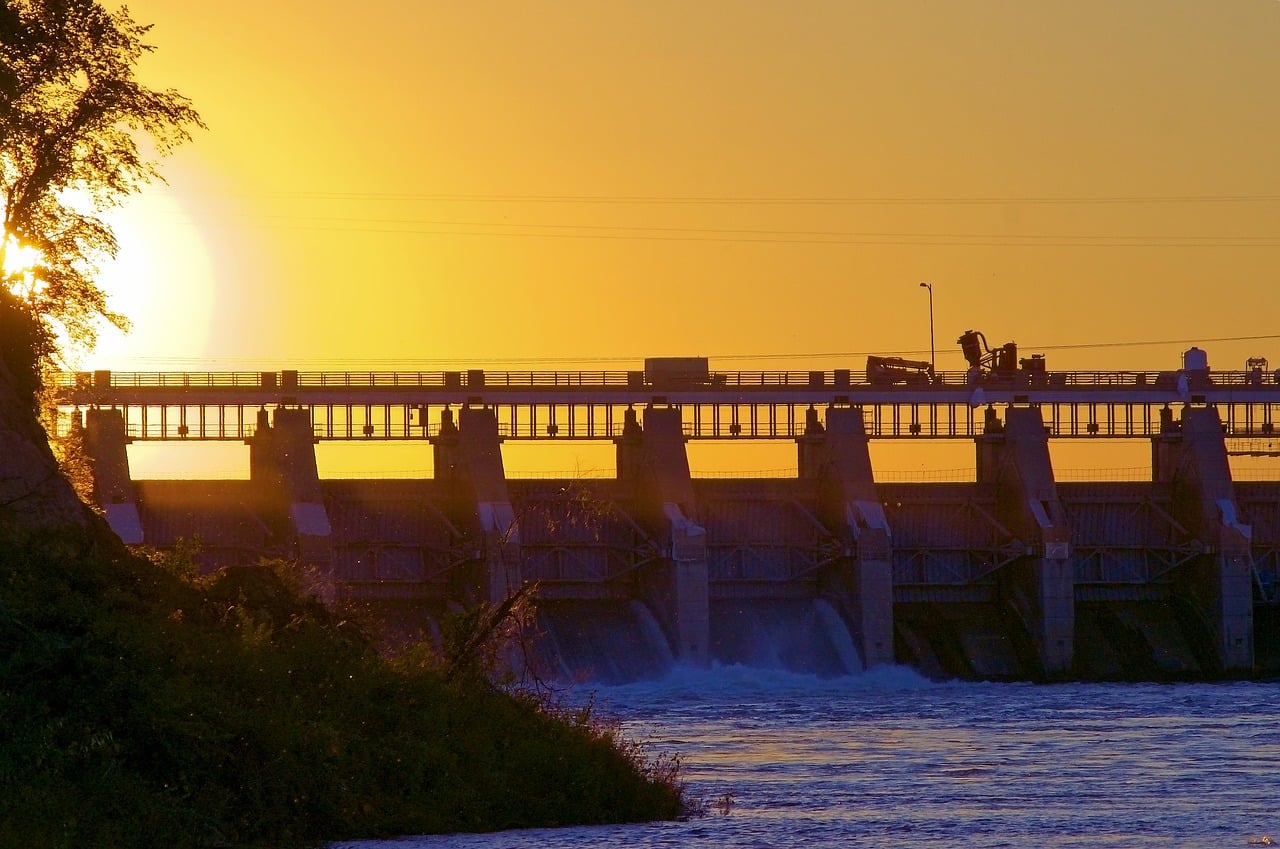Did you know that the mismanagement of water supply has a greater impact on South Africa than climate change itself?
Given that most countries suffer from a lack of water resources due to climate change, is baffling enough, as it is one of the most important resources we require to survive. However, considering that a country and its people are suffering due to the inadequate management of adequate water resources, is something that shouldn’t be accepted whatsoever.
Currently, two of the provinces that are affected the most, are the Northern Cape and Eastern Cape. Both these provinces include several small towns with a water supply system set in place that has failed, leading to livestock farmers going out of business. Given that a lot of people have had inadequate water supplied to their homes, it is just another major issue faced today.
Even though the dams that surround these towns are still at reasonable levels, there’s no telling whether it will last going forward. Since Cape Town’s horrific experience of facing a possible Day Zero, residents remain on their toes throughout the country, still in fear that their town or city could be next. This is particularly true, due to consistent inadequate water supply to homes.
Why Preventing Another Potential ˜Day Zero’ Feels Like Shaking the Government at its Collar?
In October, extreme heatwaves experienced in the Gauteng province led to a case of drought. However, even though this was the case, the government failed to intervene and implement water restrictions, causing the drought to become even worse.
In Adelaide, in the Eastern Cape, there has also been an extremely critical supply failure, as it was reported that the Adelaide Dam had reached 1% water levels before the province’s local authorities addressed the matter. Since there wasn’t adequate funding set in place, there was initially nothing they could do about the matter, leaving the town’s residents feeling hopeless.
The government has been called on by the DA, along with other local authorities to address water scarcity and the mismanagement of water in towns around the country, particularly in rural areas.






